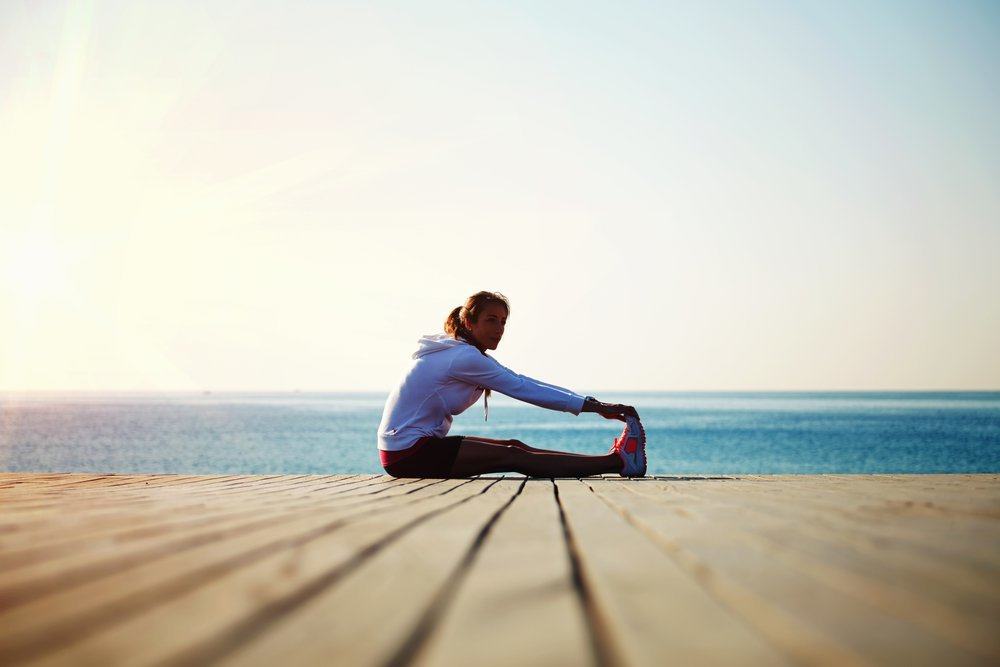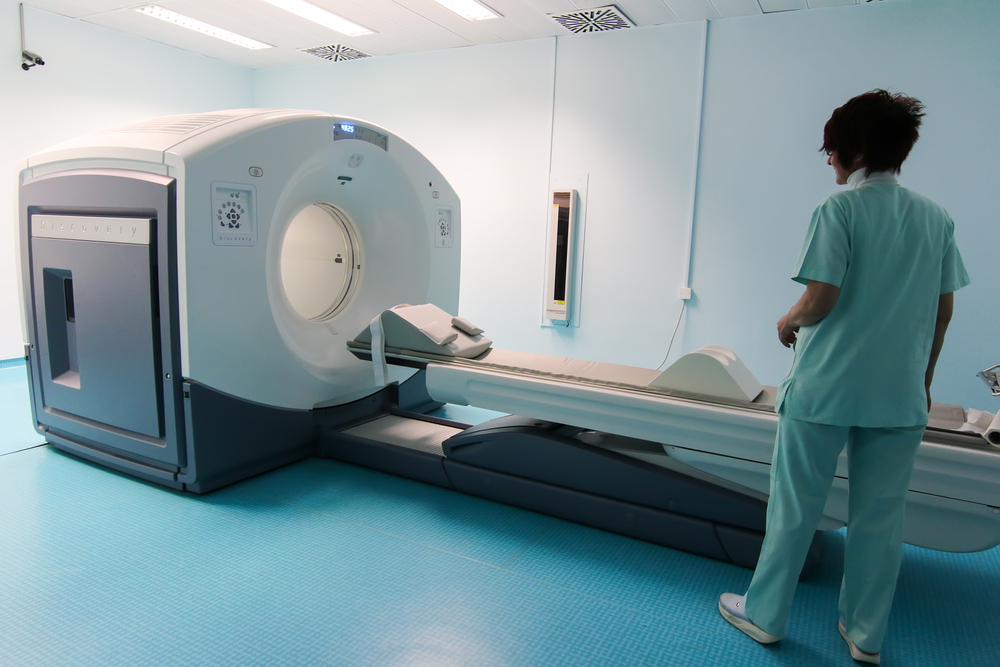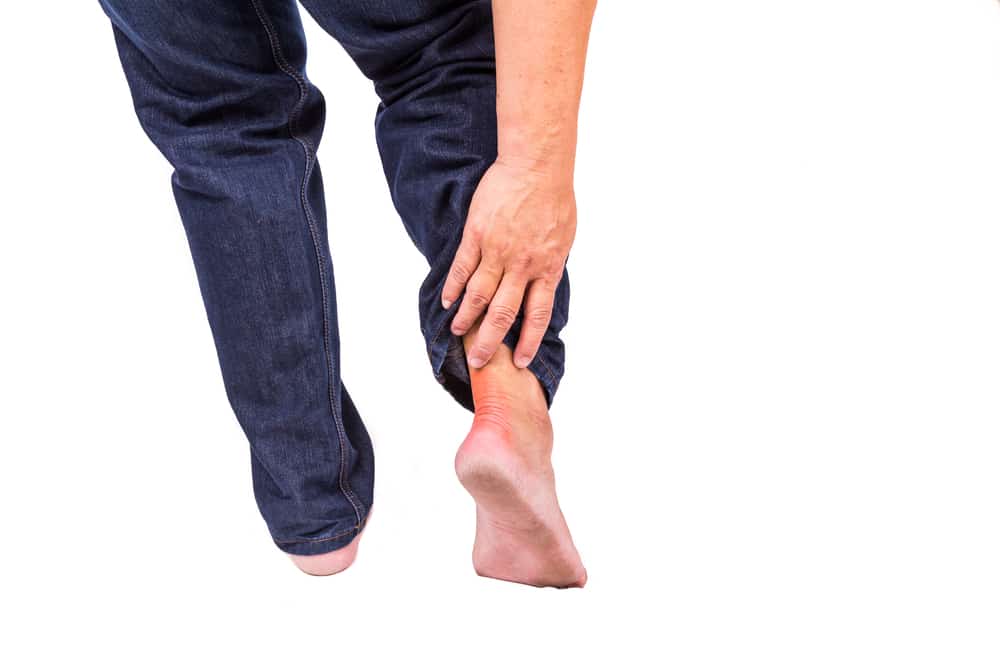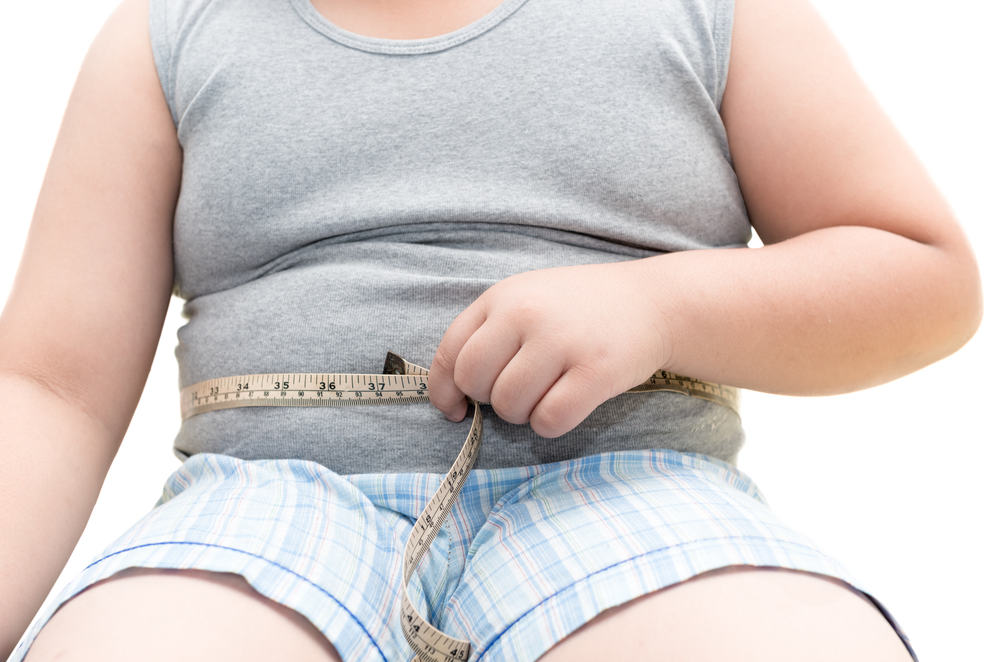Contents:
Medical Video: The Benefits of a Warm Up and Cool Down
Have you ever felt that joints are difficult to move after lifting weights or legs calf hard as concrete after running four-five rounds of stuff? If so, maybe the root of the problem is not your technique, but only because you miss the warm-up before the sport.
Although warming will not burn hundreds of calories or speed up the process of forming a dream six-pack stomach, this simple habit that is often considered a waste of time has a very important place in your exercise routine.
No matter the level of your athletic skills, you should always start with proper warm-up exercise.
Benefits of warming up before exercise
Warming is a session that takes place before carrying out physical activity; usually heating will consist of mild cardiovascular exercises combined with stretching. Most warm-up sessions last from 20 minutes to half an hour.
READ ALSO: Already Diligent in Sports But Stomach Has Not Sixpack Also? This is the reason
There are many reasons to warm up before exercise. Basically, heating serves two main purposes - to prevent injury and improve performance.
1. Prevent injury
The most important reason to warm up before exercise is to prevent injury. Muscles that have undergone heating become more flexible and smooth. This means that hard and sudden movements, such as high kicks or awkward landing positions, will be more resilient to the potential for muscle cramps, sprains, and tears. Tearing muscles can be serious injuries that take a long time to recover (not to mention very painful and potentially needing stitches).
Reporting from Active, there is human research on sudden and high intensity physical exercise with its effect on the heart. One particular study investigated 44 people who ran on high-intensity treadmills for 10 to 15 seconds without warming up. Ectrocardiogram (ECG) data shows that 70 percent of subjects experience abnormal heart function changes that cause minimal blood supply to the heart muscle. These abnormal changes are not related to age or fitness level; each participant is free of obvious symptoms of coronary heart disease.
2. Improve sports performance
Warming up before exercise will "knead" your muscles to become more flexible while also increasing blood circulation to the various muscles that you will use. As a result, increased blood flow also brings more oxygen to all parts of the body which will increase muscle energy and expand its reflexes and range of motion.
READ ALSO: Heating and Stretching in Sports, What's the Difference?
Along with the increase in fresh blood intake comes an increase in muscle temperature. This is good because hemoglobin in your blood releases oxygen more easily at higher temperatures. More blood enters the muscles, along with an extra supply of oxygen for muscle work, giving you a better quality of sports performance that allows you to exercise longer or harder. Increased muscle temperature also contributes to faster muscle stretching and relaxation. Nerve transmission and muscle metabolism increase, so the muscles work more efficiently.
3. Maintaining healthy bones and joints
The importance of warming up before exercise also extends to affect bones and joints, which are parts of the body that are also prone to injury during training. Warming up will help more fluid to lubricate the joints, making the joints more slippery and flexible to prevent corrosion and locking. For the type of exercise that requires you to put a lot of pressure on the knee, such as running, warming up is obligatory
Stretching your spine and lengthening your spinal plate can also prevent serious injury to your back.
4. Prepare mentally for heavy physical exercise
Warming is also a good opportunity for an individual to prepare mentally to always give 100 percent of his ability when facing severe physical training. Heating helps to facilitate blood flow not only to the muscles and joints, but also flows to your brain, thereby increasing your focus and alertness and reducing stress.
READ ALSO: 15 Cardio Sports for You Who Don't Run
Mental preparation for future physical exercise is estimated to be able to improve techniques, skills, and coordination. This will also prepare the athlete for potential inconvenience when faced with a difficult situation or race. If your mind and mind are ready to deal with discomfort, the body can produce higher speeds. If the mind is not willing to face pressure, physical performance will certainly be limited.












